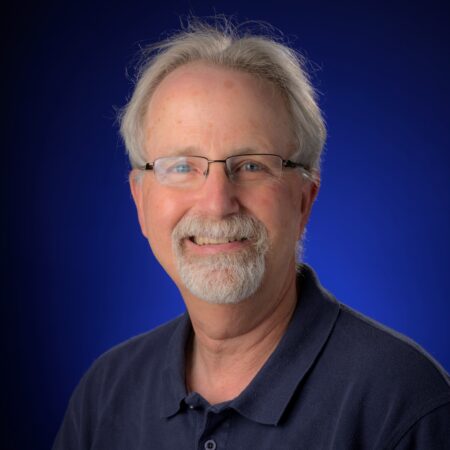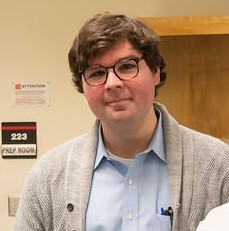Refine
Date Range Clear
Recorded by Clear
Keywords Clear
- #pollution 229
- #AGU 219
- atmospheric science 229
- changing planet 229
- #future 229
- NASA 155
- #AGU100 229
- discovery 79
- Women in Science 44
- #womeninscience 42
- Science Communication 35
- Advice 29
- 727 more
Partnerships Clear
- No matching terms.
Organizations Clear
Places Clear
- AGU 2018 Fall Meeting 169
- Washington DC 167
- AGU 2019 Fall Meeting 22
- San Francisco 20
- California 13
- 55 more
Languages Clear
Initiatives Clear
- No matching terms.
Conor Nixon, a space scientist at NASA--Goddard Space Flight Center, discusses his work studying the outer planets. Watching the Cosmos show growing up interested him in the solar system and he's been studying the outer planets most of his life....
Steven Pawson, Chief of the Global Modeling and Assimilation Office at NASA Goddard Space Flight Center, shares his experiences working on atmospheric and Earth systems science, including interactions between the Ozone Layer and climate change, and predicting air quality for...
Lawrence Friedl discusses his life and experiences as Director of the Applied Sciences Program in the Earth Science Division at NASA Headquarters. Interested in space from a young age, he developed an interest in how the environment and public policy...
Multi-talented Korean War Veteran and artist also worked on the first lunar module to land on the Moon. Interview 1 of 3. Jim Ingham and his family are talented singers, he is also proficient in playing the bagpipes and Native...
Adrian Brown is the deputy scientist on the Mars 2020 Rover mission at NASA Headquarters in Washington, D.C.. Adrian uses his background in geology to explore Mars via the Mars Rover, living out his childhood fascination with the planets. He...
Dr. Mary Beth Wilhelm is a research space scientist at NASA Ames Research Centre. In this interview, Mary Beth talks about lab hopping, visiting five continents in five months, winning the Ames Early Career Researcher Award, and her hopes for...
Don Boesch shares his story in science policy with Eric Davidson. Bringing together his experiences from marches on the Vietnam war to his recent march experiences in 2017 for science and climate. Reflecting on the importance of these events and...
Michael King is a Senior Research Associate in the Laboratory for Atmospheric and Space Physics at the University of Colorado. He previously worked at NASA for 3 decades in a variety of roles, including Senior Project Scientist of NASA’s Earth...
Erica Bickford’s advice to early career scientists or students is to look outside academia and explore all the potential career options available to scientists. She is particularly aware of the importance of science in daily life and in the policy...
Rebekah Hounsell is a connoisseur of explosions, and she spends her time helping scientists get the most out of TESS, NASA’s Transiting Exoplanet Survey Satellite mission. She also dabbles in helping to design surveys for the upcoming Nancy Grace Roman...
Chris Ballentine, University of Oxford, discusses his work as "helium hunter," seeking global reserves of Helium, significant as a natural resource-limited in its scope. Chris discusses geopolitics and the need for the market to drive the search for helium which...
Emily Schaller, project manager at NASA's National Suborbital Research Center at Ames, discusses her Ph.D. work studying the clouds on Titan and her work as a science and education. She recalled how as a young child, she would study illustrations...
Carlos Nobre is a climate scientist with the Institute of Advanced Science in Brazil. Together with twelve hundred scientists, he organized the largest scientific experiment in the Amazon forest, with eleven research towers analyzing water vapor, carbon dioxide, energy balance,...
France Lagroix, Research Scientist at Institut de Physique du Globe de Paris and AGU Leader share stories of her passion and the value of paleomagnetism. She talks of the discovery during her Ph'd research where she developed a novel application...
Duane Waliser’s path in science meandered from an Oregon apple farm to a UCSD Oceanography institute to NASA’s Jet Propulsion Laboratory, where he now serves as the Chief Scientist for the Earth Science and Technology Directorate. At JPL, Duane helps...
Meet Brian Campbell, a NASA Senior Earth Science Specialist who works with satellite missions like ICESat-2, SMAP, GPM and with the NASA GLOBE Program, including the NASA GLOBE Observer Citizen Science App. He is passionate about making the plethora of...
Is it a good time to be a climate scientist? Yes, says Phil Mote, Director Oregon Climate Change Research Institute at Oregon State University. Predictions over the past 40 years are coming true and while some look at that with...
Rachel Hampton ended up in the geosciences because she couldn’t find the art history class she was looking for. From asking a TA if she could join him on fieldwork to doing her senior thesis on volcanoes without a professor...
Jim Irons grew up in the 1960s and 1970s in Cleveland when environmental conservation was becoming more important for society, but it wasn’t until the Cuyahoga River in his hometown of Cleveland caught on fire in 1969 that his desire...
From her teaching position at National Taiwan University, Haojia Abby Run is studying nitrogen-related pollution by fossil fuels and fertilizers and warning people in Taiwan of its damage to the ocean. A female Asian oceanographer, who grew up in China’s...
I spoke with my dad about how he came to America from Egypt when he was 16 years old. We also talked about the difference between the times we're growing up in as well as how now technology impacts the...
If you’re a scientist in an oceanography department, you’re probably studying the ocean, right? Well, part of your job might be studying things like phytoplankton, the tiny oceanic powerhouses that play a crucial role in our planet's ecosystem. But how...
His application to be an astronaut may have been turned down, but Paul Hertz is playing a big role in helping us understand how the universe works as the Director of Astrophysics at NASA. He found his passion for astrophysics...
Rafael Loureiro may confess to being an introvert, but he has no fear of people. He started off talking about AGU’s Voices of Science bootcamp, which he is participating in this year to develop his spokesperson skills. That segued into...
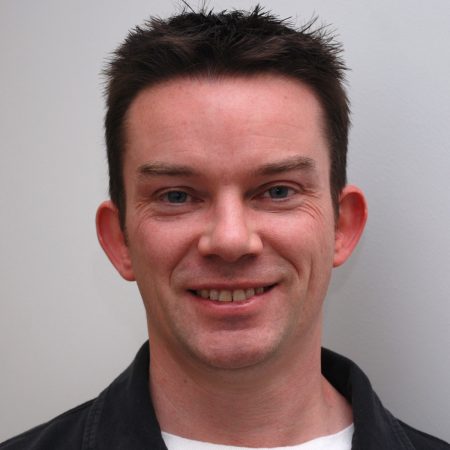

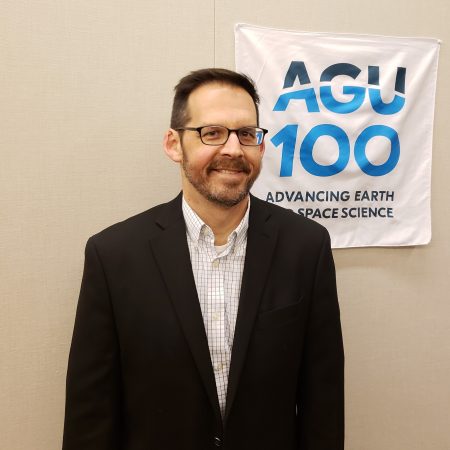
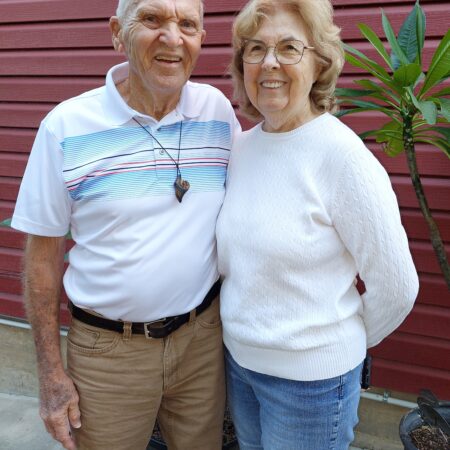
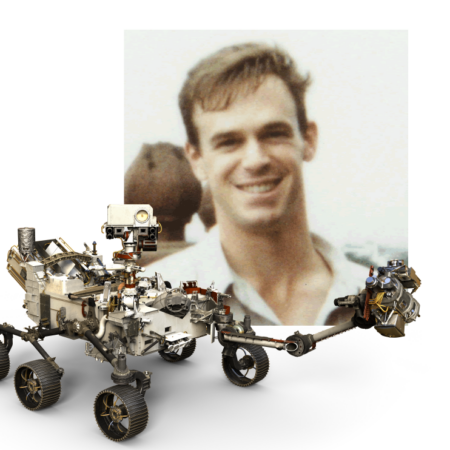
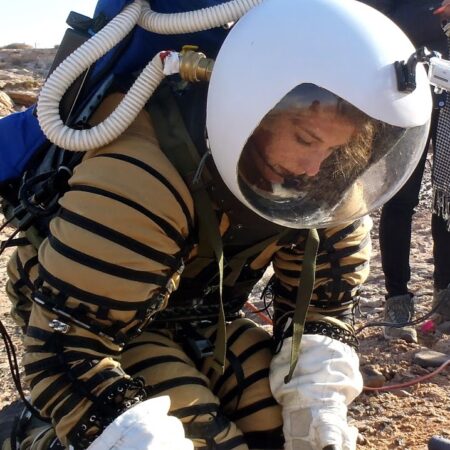

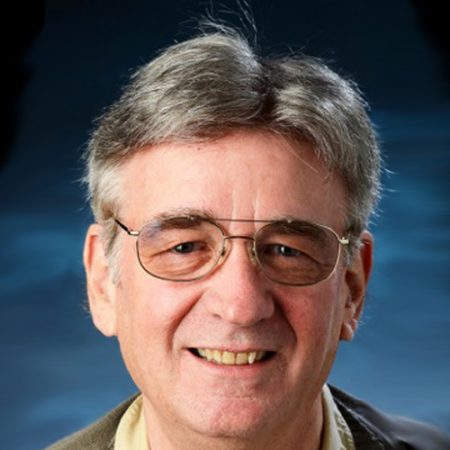
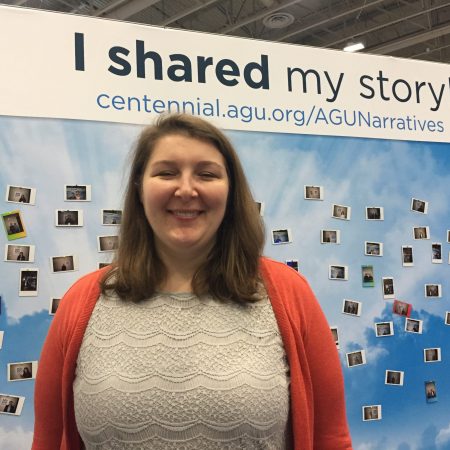
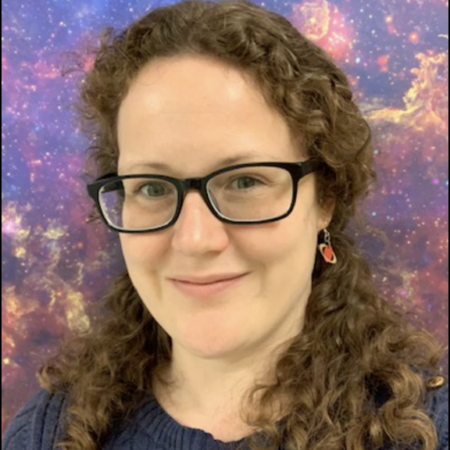
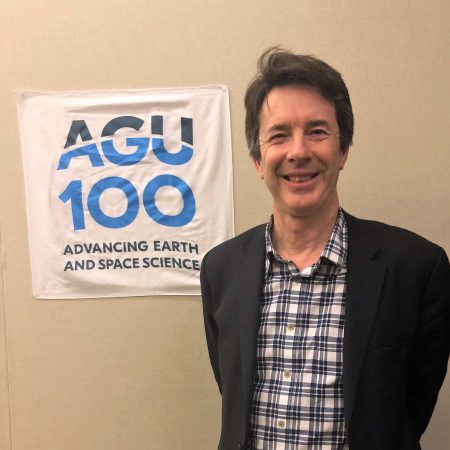

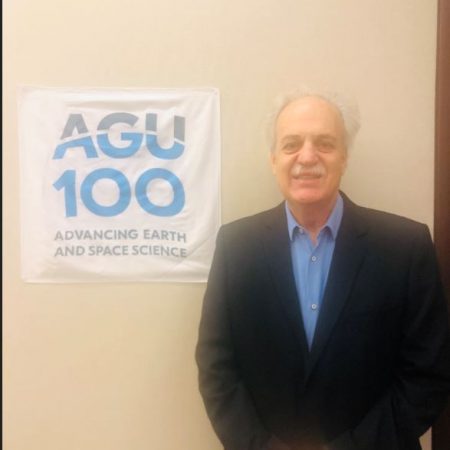
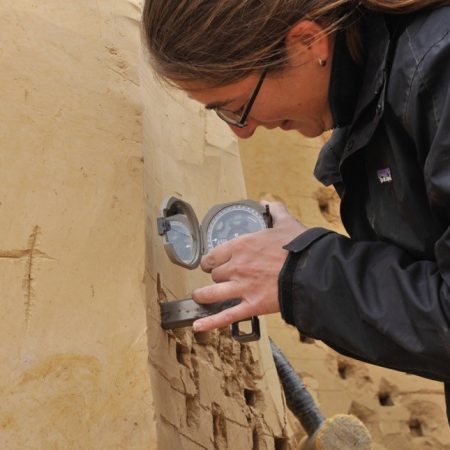
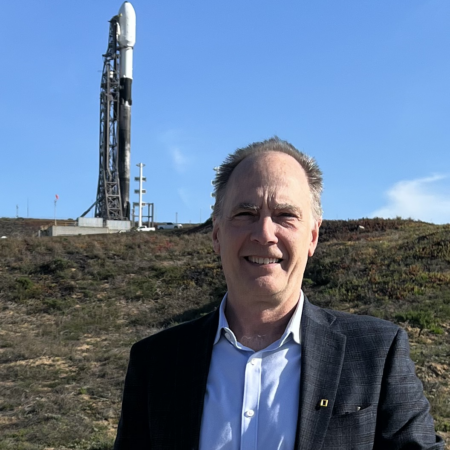
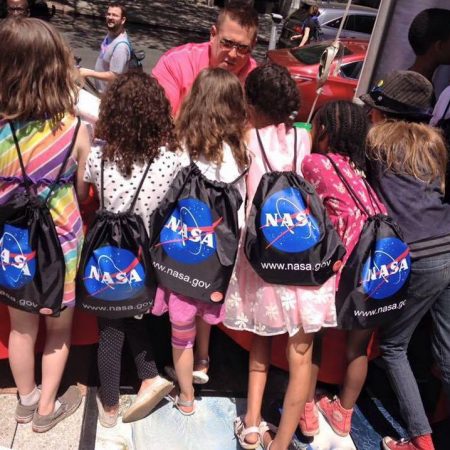
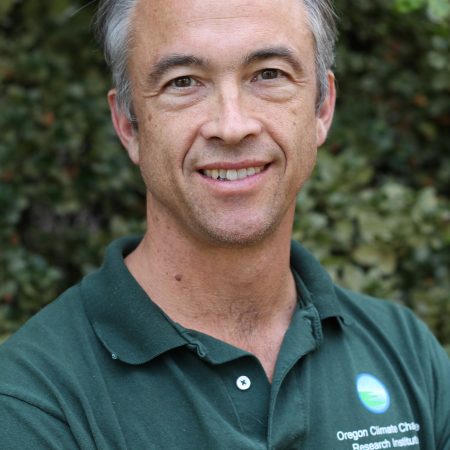
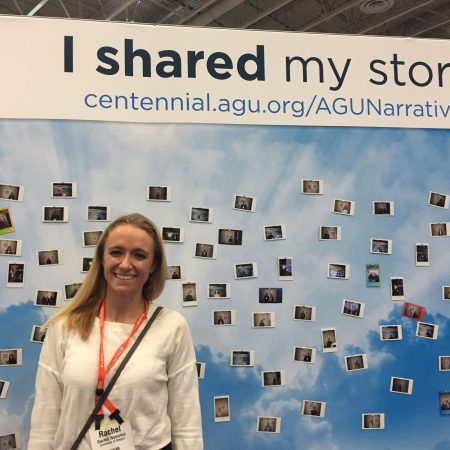

!["AGU is interdisciplinary, [it] helps breaks down the disciplinary stovepipe we often get into." an interview with Jim Irons](https://archive.storycorps.org/uploads/2019/02/181212_Irons-450x450.jpg)
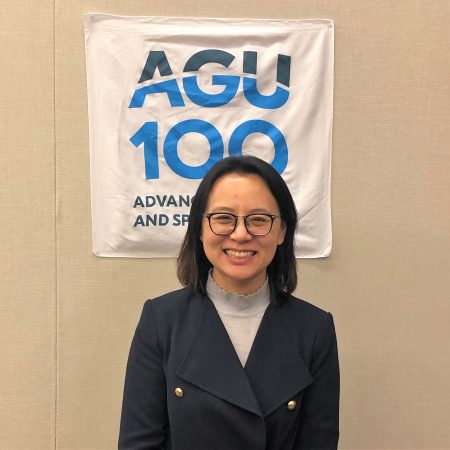

!["When people [get] a science education...they underestimate how important human relations are to that." An interview with Kirk Knobelspiesse](https://archive.storycorps.org/uploads/2023/10/6527f43a0f97c__pace_knobelspiesse-365x450.png)
